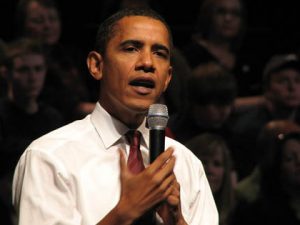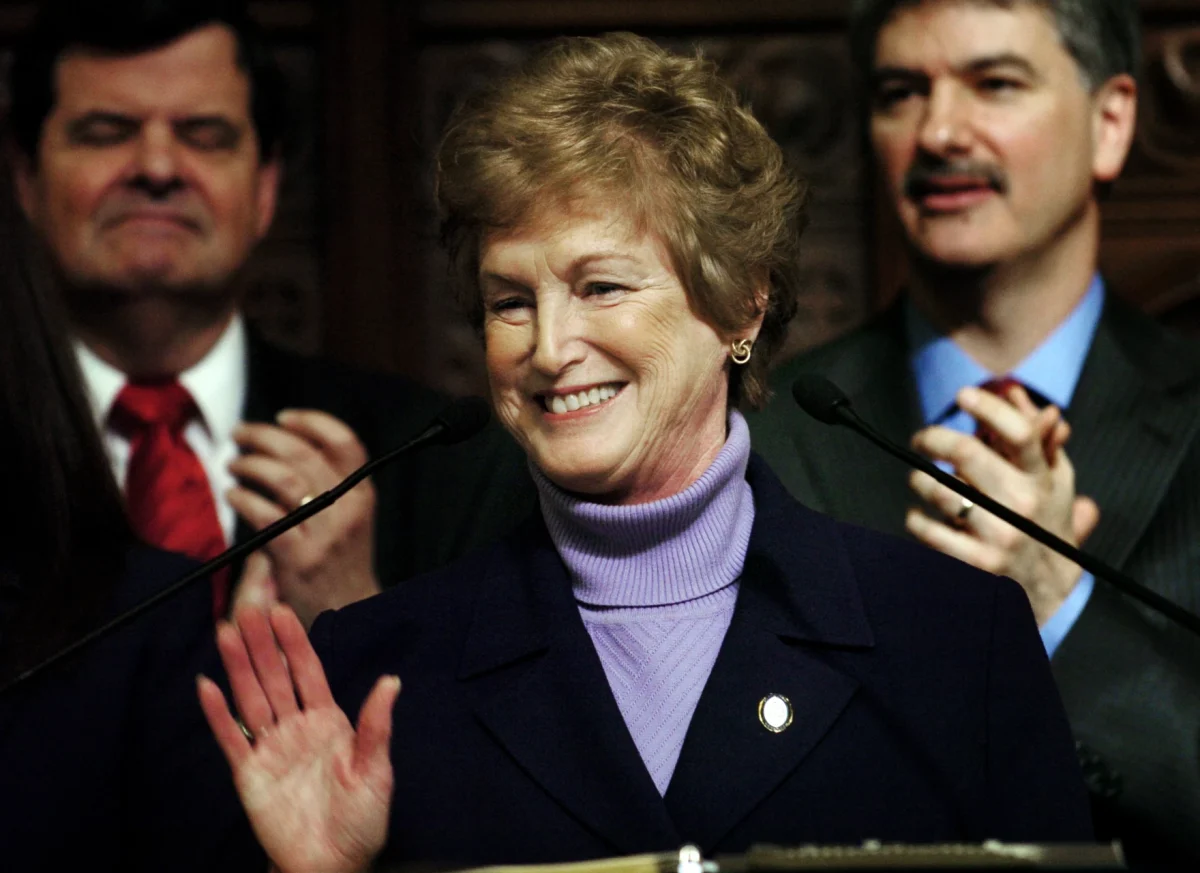WASHINGTON – President Barack Obama sent Congress a $3.83 trillion budget on Monday that would pour more money into the fight against high unemployment, boost taxes on the wealthy and freeze spending for a wide swath of government programs.
The deficit for this year would surge to a record-breaking $1.56 trillion, topping last year’s then unprecedented $1.41 trillion gap. The deficit would remain above $1 trillion in 2011 although the president proposed to institute a three-year budget freeze on a variety of programs outside of the military and homeland security as well as increasing taxes on energy producers and families making more than $250,000.

Echoing the pledge in his State of the Union address to make job creation his top priority, Obama put forward a budget that included a $100 billion jobs measure that would provide tax breaks to encourage businesses to boost hiring as well as increased government spending on infrastructure and energy projects. He called for fast congressional action to speed relief to millions left unemployed in the worst recession since the 1930s.
After a protracted battle on health care dominated his first year in office and led to a string of Democratic election defeats, the administration hopes its new budget will convince Americans the president is focused on fixing the economy.
Republicans complained about Obama’s proposed tax increases and said the huge projected deficits showed he had failed to get government spending under control. But administration officials argued that Obama inherited a deficit that was already topping $1 trillion when he took office and given the severity of the downturn, the president had to spend billions of dollars stabilizing the financial system and jump-starting growth.
Obama’s job proposals would push government spending in 2010 to $3.72 trillion, up 5.7 percent from last year. Obama’s blueprint for the 2011 budget year, which begins Oct. 1, would increase spending further to $3.83 trillion, 3 percent higher than projected for this year.
Much of the spending surge over the past two years reflects the cost of the $787 billion economic stimulus measure that Congress passed in February 2009 to deal with the worst economic downturn since the Great Depression. The surge in the deficits reflects not only the increased spending but also a big drop in tax revenues, reflecting the 7.2 million people who have lost jobs since the recession began and weaker corporate tax receipts.
“Having steered the economy back from the brink of a depression, the administration is committed to moving the nation from a recession to recovery by sparking job creation to get millions of Americans back to work,” the administration said in a statement accompanying its budget.
The administration’s $100 billion proposed jobs measure would be lower than a $174 billion bill passed by the House in December but far higher than a measure that the Senate could take up as early as this week.
Obama’s new budget attempts to navigate between the opposing goals of pulling the country out of a deep recession and getting control of runaway budget deficits.
The new Obama budget will also include a proposal to levy a fee on the country’s biggest banks to raise an estimated $90 billion to recover losses from the government’s $700 billion financial rescue fund.
Those losses are expected to come not from the bank bailouts but from the support extended to General Motors and Chrysler and insurance giant American International Group as well as help provided to homeowners struggling to avoid foreclosures.
Also on the deficit front, the president has endorsed a pay-as-you-go proposal that passed the Senate last week. It would require any new tax cuts or entitlement spending increases to be paid for, and he has promised to create a commission to recommend by year’s end ways to trim the deficits.
Editor’s note: Express your opinion on this issue by sending us an editorial! Email it to [email protected] for possible inclusion in the next issue of The Charger Bulletin!








